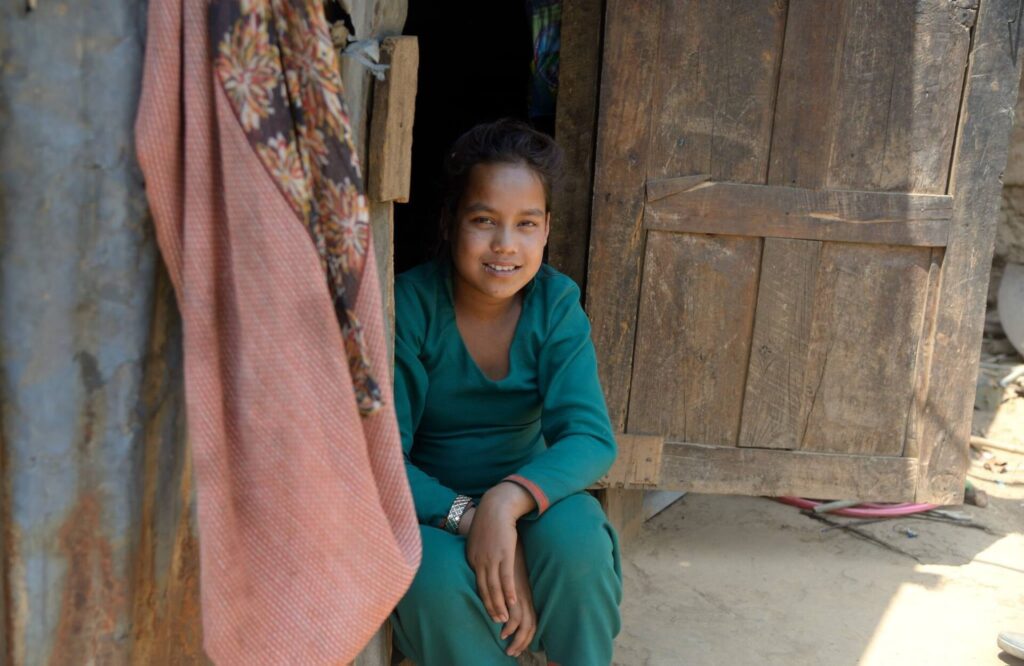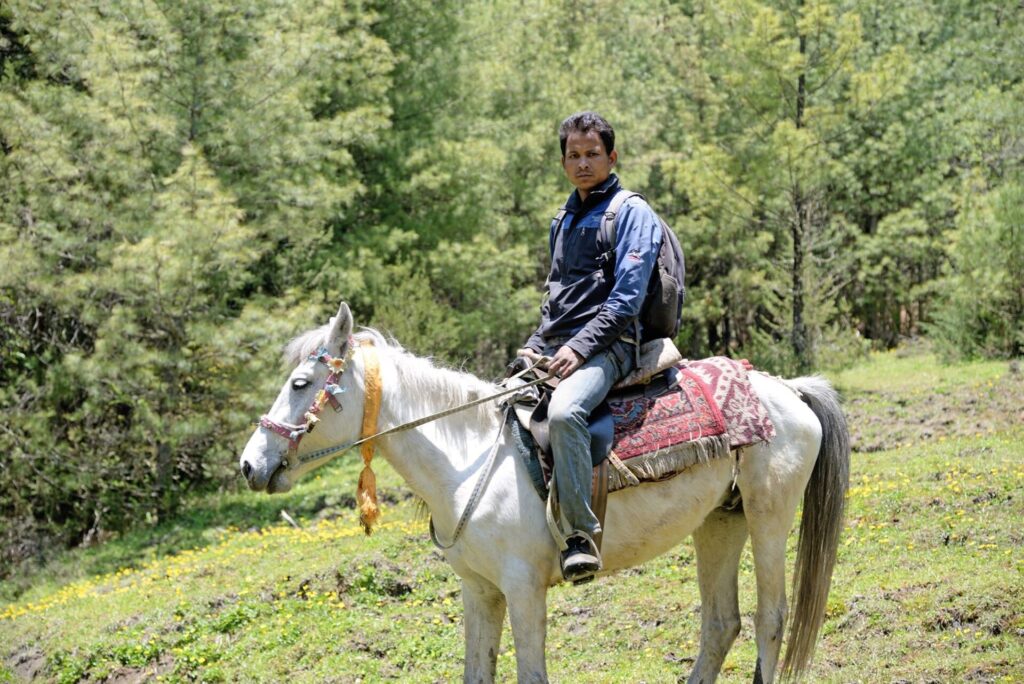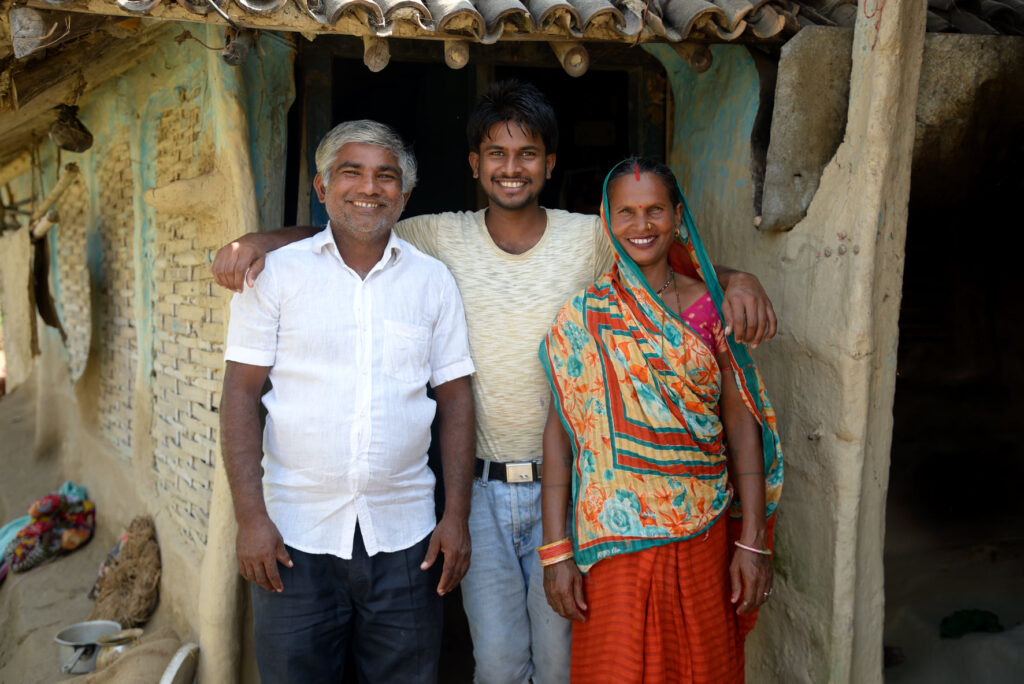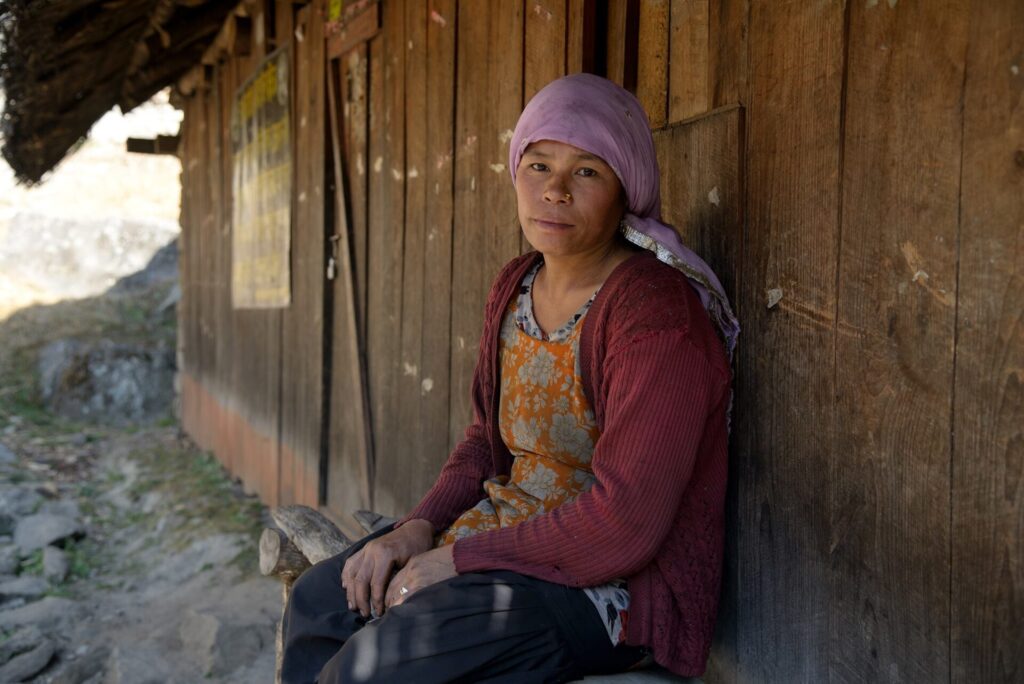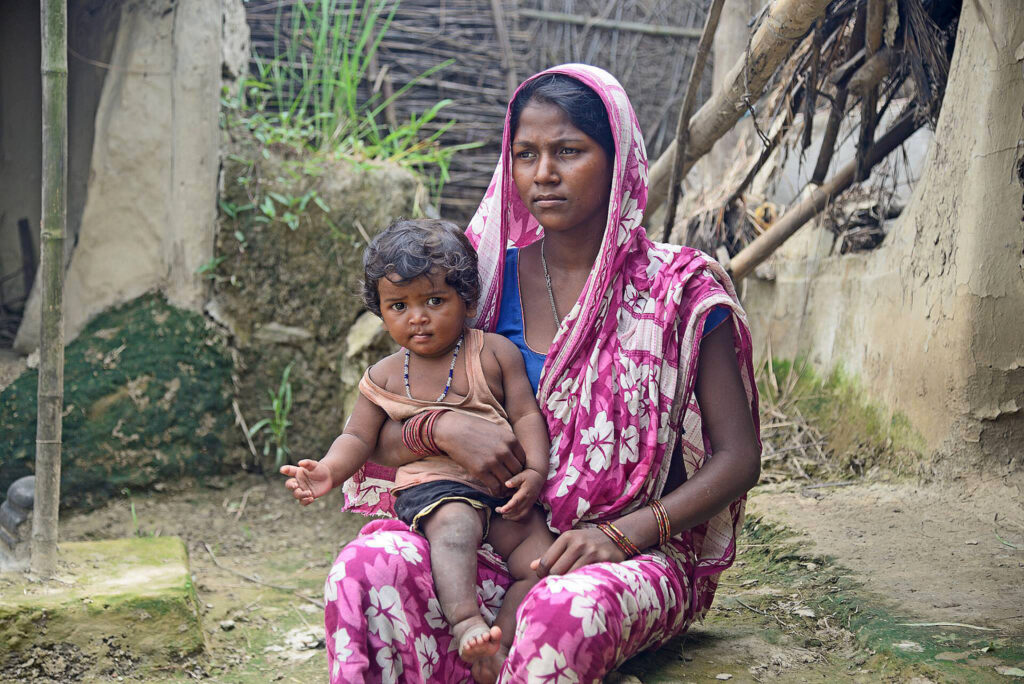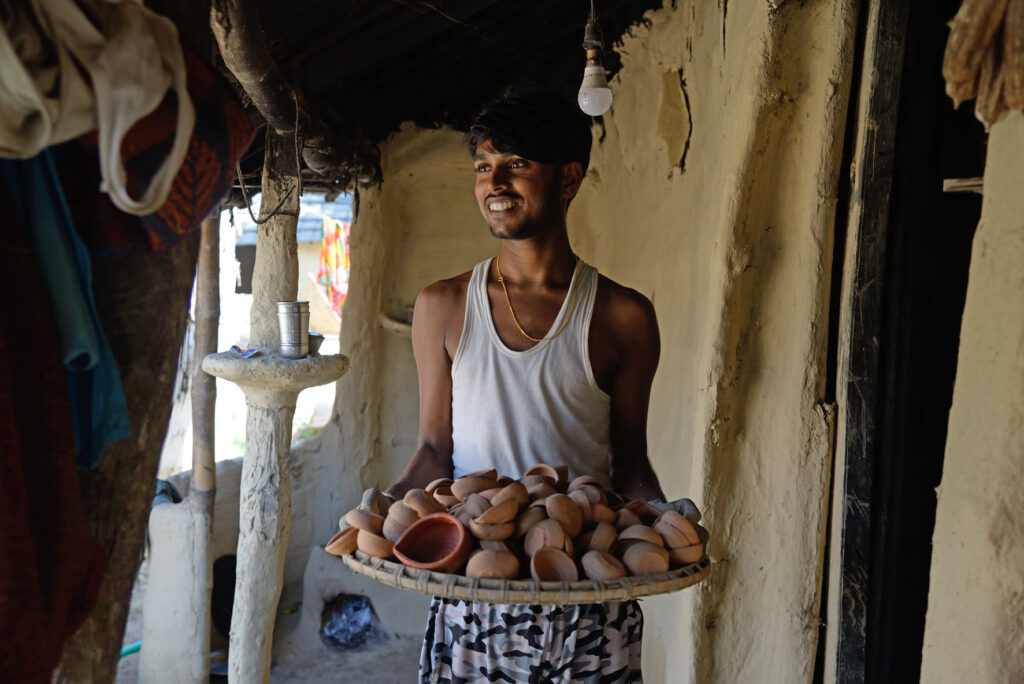
Garima Khatry Lalitpur
“There is a wavelength mismatch between the internet generation , dubbed the 90s kid and said kid’s parents. An entire generation’s parents have struggled, and some continue to, to give the best life to their child. It is almost like there is an internalized resentment. I call it the internalized feeling of scarcity: “I have worked hard to give you a good life but now that I am seeing you living it, I feel a sense of jealousy as I never had such luxury in my own childhood”. Expectations of the provider are raised and the child continues to try to meet them. Met or unmet, regardless, the stereotypical Asian parent nitpicking comes to be. It is because there is an inner discontent. An example would be the newly placed grading system. It is assumed that the younger generation never has to study as hard as the older generation. Granted there might be some truths to it, however, I do not think it is right to entirely dismiss the hard work of current students based on that alone.
We have a wonderful culture of respecting elders and I say we should normalize respecting children and youths as well. Treating them as an extension of their parents or as a trophy is detrimental to their esteem. They are not given due credit as they are more perceptive than we realize. We were all children at one time, wouldn’t we know about that?
The lack of open communication between parents and youths may also be a result of our cultural norm, longer work hours, having an internet circle, and plain teenage angst. The prevalent parenting style mimics our grandparents’ style, which has a dash of unhealthy written all over it. Young people turn to their peers for advice as their gaze of judgment burns less. The internet provides a connected sanctuary. It might be that having a platform to express oneself is erasing the “suck it up” culture but we are slowly learning how unhealthy it is to repress our feelings. The difference between “whining” and “expressing” is what mindful actions are we taking to get out of a pit. Everyone has that phase of, “My parents don’t understand me”. Well, have we tried to make them understand? And have we tried to understand where someone is coming from in turn?
From generation to generation, trauma is being passed on and it is a difficult cycle to break. I feel healthy parenting is a continuous learning process. Whatever traumatic event that has happened to us is not our fault, but healing our traumas is fulfilling a duty to ourselves and to others as well – because we won’t be projecting our insecurities, fears, anger, and pain onto others and perpetuating trauma. We need to develop that self-awareness. After all, a healthy child grows up to be a healthy adult and a healthy adult grows to be a healthy parent.”
